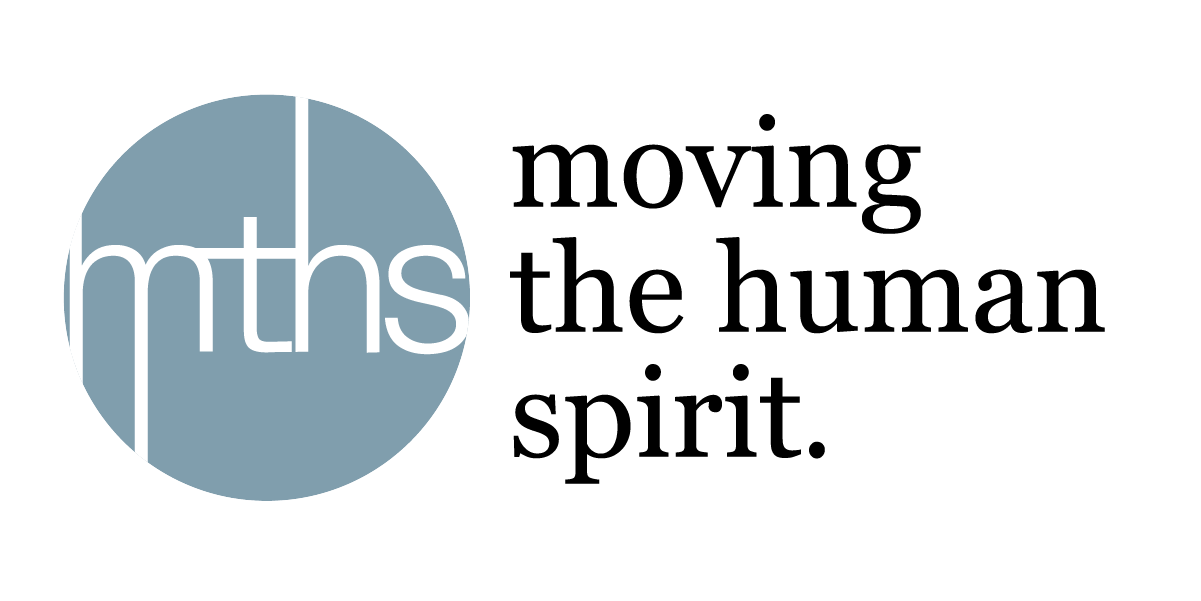In today’s rapidly changing global landscape, the role of Human Resources (HR) managers has become more complex and demanding than ever before. The corporate environment is increasingly diverse, and employees are bringing not only their talents to the table but also their life experiences—some of which include trauma. As HR managers are often the first point of contact for employees in distress, being trauma-informed is no longer optional; it’s a necessity.
A trauma-informed approach allows HR professionals to recognize the effects of trauma and offer supportive, inclusive environments that foster both employee well-being and organizational growth. With our newest program, Trauma-Informed Practices and Conversations, we aim to equip HR managers and corporate leaders with the tools and skills to navigate these complex dynamics effectively.
Here are five key points on how being trauma-informed can sustain a positive workplace and lead to long-term employee retention:
1. Improved Employee Engagement and Retention
Employees who feel understood and supported in their workplace are more likely to stay. Trauma-informed HR managers create environments where employees feel safe, seen, and valued. This leads to higher levels of engagement and a stronger commitment to the company. When staff know they can bring their full selves to work without judgment, they are more motivated and loyal.
2. Fostering a Culture of Empathy and Trust
Trust is the foundation of any successful organization. A trauma-informed approach helps HR managers build and maintain trust by fostering open communication and empathy. When employees trust that their concerns, especially sensitive ones related to trauma or mental health, will be handled with care, they are more likely to feel secure in their roles and less likely to disengage or leave.
3. Reduction of Burnout and Absenteeism
Workplace stress can be overwhelming for employees, particularly those dealing with unaddressed trauma. HR managers trained in trauma-informed practices are better equipped to identify signs of stress and intervene before it leads to burnout. By implementing supportive policies and programs, organizations can significantly reduce absenteeism, turnover, and the associated costs of hiring and training new employees.
4. Enhanced Team Collaboration and Productivity
When employees feel psychologically safe, they are more likely to collaborate, share ideas, and contribute to the collective success of the team. Trauma-informed HR managers help create spaces where individuals can engage without fear of judgment or retaliation, leading to a more inclusive and dynamic work environment. This not only boosts morale but also drives innovation and productivity.
5. Alignment with Corporate Social Responsibility (CSR) and DEI Initiatives
Incorporating trauma-informed practices aligns with broader corporate goals around diversity, equity, and inclusion (DEI). By creating a trauma-aware workplace, organizations demonstrate their commitment to supporting all employees, regardless of their background or personal experiences. This proactive approach enhances the company’s reputation and strengthens its CSR initiatives, making it an attractive employer for top talent.
Introducing Our Trauma-Informed Practices and Conversations Program
At Moving the Human Spirit, we recognize the critical role HR professionals play in shaping the future of corporate environments. That’s why we’ve developed our Trauma-Informed Practices and Conversations program—designed specifically for HR leaders, managers, and corporate teams.
This program offers practical tools and strategies for recognizing trauma, fostering difficult yet essential conversations, and creating workplace policies that promote psychological safety and long-term well-being. Participants will gain valuable insights into how trauma affects individuals and teams and learn how to support employees in a way that enhances both their personal and professional growth.
Why now?
In the wake of global challenges, from the pandemic to ongoing socio-political shifts, trauma is more prevalent in the workplace than ever before. Organizations that prioritize a trauma-informed approach will be better positioned to retain good employees, foster a positive culture, and drive sustainable growth in today’s corporate world.
For more information on how to register for our Trauma-Informed Practices and Conversations program, please contact us here.
Let’s build a future where everyone in the workplace can thrive.
By embedding trauma-informed practices into corporate culture, HR managers not only safeguard their teams but also create an environment where resilience and empathy drive success. This is not just a trend—it’s the future of sustainable business practices.
